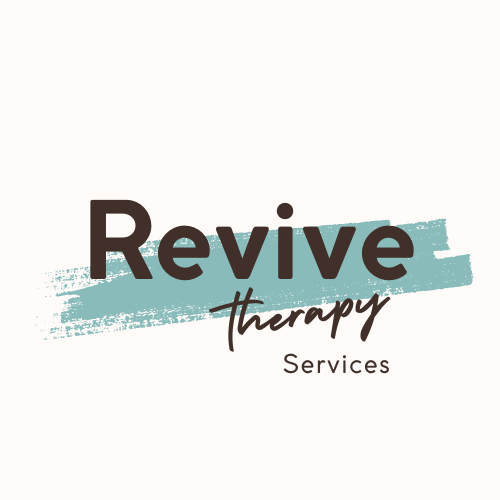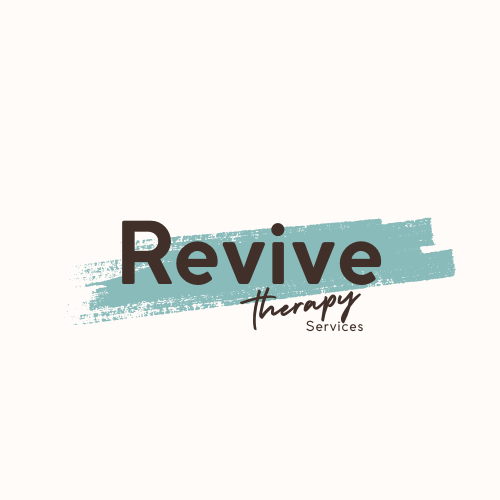Healing from Political Trauma as an LGBTQ+ Person in Pennsylvania
By: Hannah Guy, LCSW
If you’re feeling exhausted, anxious, or even hopeless about the current political climate, you’re not alone. For LGBTQ+ individuals, politics isn’t just an abstract debate—it’s deeply personal. Laws and policies have the power to shape our lives, from access to healthcare and workplace protections to marriage rights and basic safety in public spaces.
The increasing wave of anti-LGBTQ+ legislation, discriminatory rhetoric, and social hostility can take a real toll on mental health. Even if you’re not directly impacted by a specific policy, simply witnessing the debates and hostility toward LGBTQ+ people can leave you feeling drained, fearful, or angry.
This experience is often referred to as political trauma—the chronic stress and emotional burden of living under policies and societal attitudes that threaten your safety, identity, and rights. It’s not just a concept; it’s something many queer and trans people experience daily.
But while the weight of political trauma is real, healing is possible. Even in uncertain times, you deserve to feel safe, grounded, and connected. Below, we’ll explore how to process and heal from political trauma while maintaining your well-being and reclaiming joy.
What is Political Trauma?
Political trauma occurs when the policies, laws, or rhetoric of a society create ongoing stress, fear, or harm to marginalized groups. For LGBTQ+ individuals, this can show up in many ways, including:
Chronic Stress & Hypervigilance – Feeling constantly on edge, anxious about new policies, or bracing for the next wave of attacks on LGBTQ+ rights.
Emotional Burnout – The exhaustion that comes from engaging in activism, consuming distressing news, or having to defend your identity repeatedly.
Hopelessness or Despair – Feeling like progress is being undone or that fighting for equality is a never-ending battle.
Social Withdrawal – Disconnecting from friends, family, or community out of exhaustion, fear, or frustration.
Physical Symptoms – Stress-related headaches, digestive issues, difficulty sleeping, and tension in the body.
Even if you’re not directly affected by a law or policy, witnessing discrimination and systemic harm toward your community can have a significant impact on your well-being. The nervous system responds to political trauma much like it does to other types of trauma—it enters fight, flight, freeze, or fawn mode, trying to protect you from harm.
If you’ve felt any of these things, know that your reaction is valid. You are not overreacting. You are responding to real and ongoing stressors.
1. Regulating Your Nervous System: Calming the Fight-or-Flight Response
When we experience political trauma, our nervous system can become dysregulated, making it harder to feel safe or grounded. Healing often starts with bringing the body back into a sense of safety and stability.
Here are some ways to regulate your nervous system:
Grounding Techniques
Grounding brings you back to the present moment and helps calm anxious thoughts. Try:
5-4-3-2-1 Method: Identify 5 things you see, 4 things you touch, 3 things you hear, 2 things you smell, and 1 thing you taste.
Holding a comforting object: A soft blanket, a weighted item, or even pressing your feet firmly into the floor can create a sense of security.
Cold water exposure: Splashing cold water on your face or holding an ice cube can help bring your body out of a panic state.
Breathwork & Movement
Slow, deep breathing – Inhale for 4 seconds, hold for 4, exhale for 6. This signals safety to your brain.
Shaking it out – Animals naturally shake after stressful situations; you can do the same by standing up and gently shaking your arms and legs.
Progressive muscle relaxation – Tense each muscle group for a few seconds, then release, starting from your feet and moving up to your head.
Your body needs to know that it is safe—even when the world feels unpredictable.
2. Setting Boundaries with News & Social Media
With the constant news cycle, it’s easy to feel overwhelmed. Doomscrolling might feel like staying informed, but it can also trap your nervous system in a state of high alert.
Try these strategies for managing your media consumption:
Limit news intake: Set designated times to check updates instead of consuming distressing content all day.
Follow affirming content creators: Balance the hard news with voices that inspire, uplift, and empower.
Unfollow accounts that trigger anxiety: It’s okay to step away from pages or people that add to your stress.
Staying informed is important, but so is protecting your mental health.
3. Finding & Cultivating Safe Spaces
When political trauma makes the world feel hostile, community becomes essential. You don’t have to navigate this alone.
Seek Out Supportive Spaces:
LGBTQ+ community groups (in-person or online).
Queer-affirming therapists or support groups.
Friends and chosen family who uplift and validate you.
If in-person spaces aren’t available, online LGBTQ+ communities can be powerful sources of support. Sometimes just being in a space where people understand your experience can be healing.
4. Processing Grief & Anger in Healthy Ways
Political trauma often comes with deep emotions—grief, anger, frustration, sadness. It’s okay to feel them. What matters is how you hold space for those emotions without letting them consume you.
Journaling: Write freely about your thoughts and feelings. Sometimes, putting words to emotions can make them feel less overwhelming.
Art, music, and creative expression: Channel emotions into something that feels meaningful.
Movement: Dance, exercise, or any kind of physical release can help process anger and grief.
You don’t have to push emotions away—you just need ways to move through them.
5. Reclaiming Joy as Resistance
One of the most radical things you can do in the face of oppression is to continue experiencing joy.
Joy is not ignoring what’s happening. It’s choosing to thrive despite it.
Here are some ways to cultivate joy:
Surround yourself with people who make you laugh.
Engage in hobbies and activities that make you feel alive.
Celebrate queer joy—through art, music, history, and culture.
Spend time in nature.
Take breaks from activism to simply exist and enjoy life.
Oppression tries to steal joy. Don’t let it.
You Are Not Alone—We Are In This Together
The world can feel like a difficult place right now. But you are not alone. There is a whole community of people who see you, who fight alongside you, and who believe in your right to exist freely and fully.
Healing from political trauma is not about ignoring reality—it’s about finding ways to survive, resist, and thrive even in the face of adversity. Your well-being matters. Your joy matters. You matter.
If you need additional support, working with a trauma-informed therapist can help. At Revive Therapy Services, we provide a space for healing, grounding, and reclaiming your power. Our Therapists believe all people are worthy of receiving therapy, no matter what race, ethnicity, gender, sexual orientation, physical ability, or size.
Here are 3 easy steps you can take:
1.) Schedule a free 15-minute consultation to see if we are a good fit for you.
2.) Schedule your first session in Philadelphia, Pennsylvania, or an online session with one of our therapists, like Salima, Kianna, or Mary.
3.) Complete your intake paperwork and show up to your first session.
If you need more support in navigating these times, I’m here. Reach out, schedule a session in Philadelphia, Pennsylvania, or simply know you don’t have to carry it all by yourself.
Not ready for an intake call but have some questions? Shoot us an email here!




